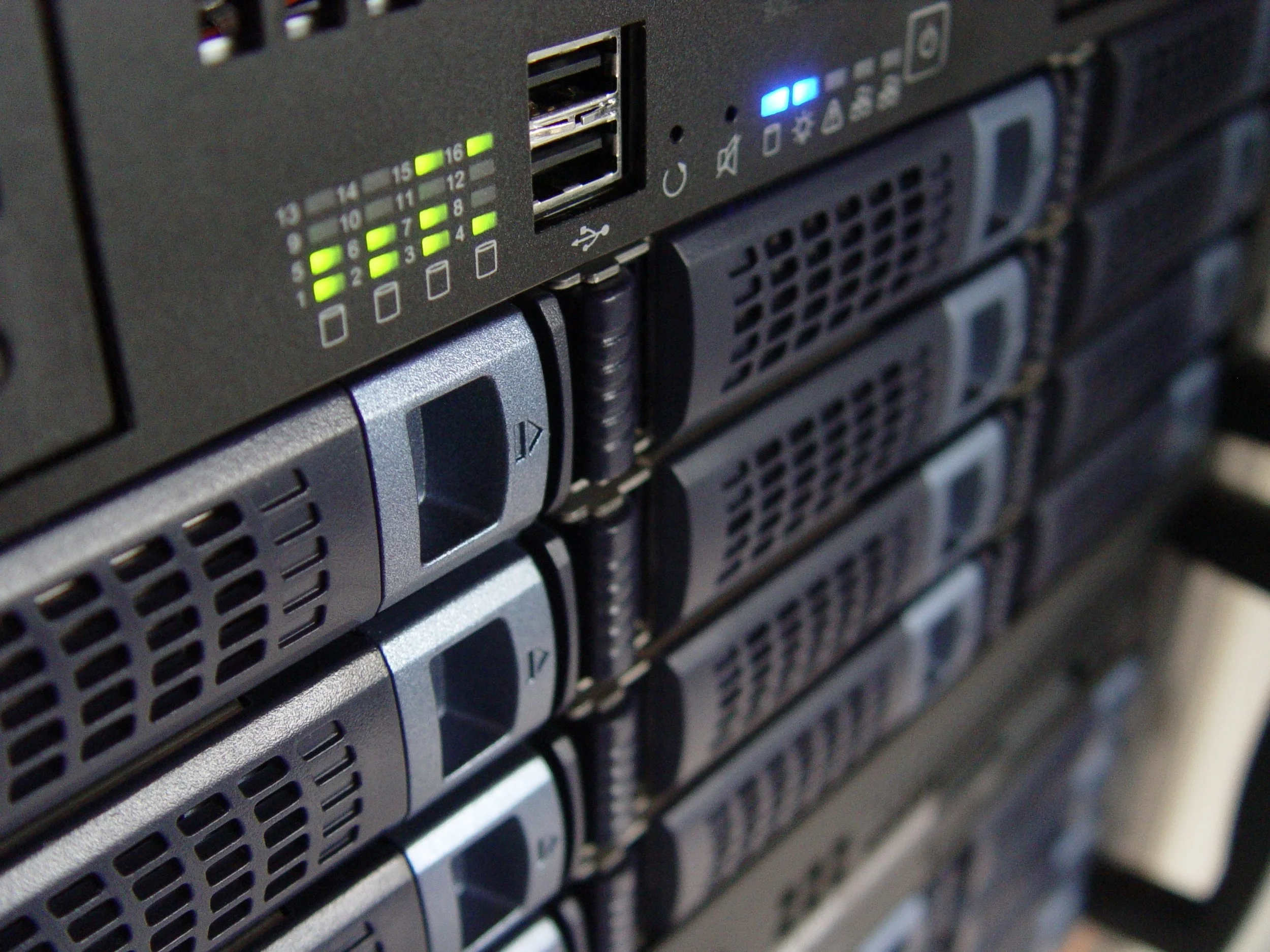Data storage is exploding all around us with a market growth of 35.7% annually which is equivalent to a 7.14% growth a year in the last five years according to virtual data room research. The loss of business related data can lead to closing down of the business. At home losing our prized photos, financial info etc. could be heartbreaking. Be it word articles, spreadsheets and confidential documents, data storage systematically files our most prized assets. Because of this, data is preserved in multiple locations like cloud data centers, NAS and other types of removable storage. The end result is that data is fragmenting and finding data in a timely manner is frustrating.
Cloud data centers allow our data to be maintained, managed and backed-up using multiple servers across diverse databases. It has a dependable virtual infrastructure which protects our digital data and making them accessible when we need them. As a matter of fact, cloud is even used as complementary storage for disaster recovery in case of unprecedented accidents like building fire. Cloud can connect to off-premise and on-premise data storage through various distributed resources that act centrally. It is also built for system fault tolerance through duplication and distribution of data.
On the other hand, we have NAS or Networked Attached Server. NAS is a smaller server compared to the multiple servers of cloud, which provides shared storage for a small number of computer units. NAS, like cloud, is very important for homes and small businesses which require regular information transfer and data back-up. NAS has lower storage costs.
NAS adds more storage to our computer’s capacity. NAS servers have a range of up to 200GB to 8TB of data storage. NAS also provides efficiency and privacy in small business and consumer data with as much as 45% through NAS’es efficient compartmentalizing. All of the computers active at home or in a small office could have greater speed in all domains of accessing since data resides locally instead of having to receive it from cloud.
NAS benefits are faster data access, lower storage costs, backing up ones precious data, security and privacy as data is owned by the small business or the consumer.
QuikFynd makes it possible to easily search for data on the NAS. With QuikFynd, you can access your private data at home and at work with powerful full text search. You could also use QuikFynd as your NAS search server and have your data accessed anytime and anywhere using any of your mobile devices. QuikFynd can organize, search and share your digital universe in the most convenient way possible.
In this technological age, securing our data has never been more imperative. If we fear losing data or seeing them leaked on unreliable platforms, then we have to choose a dependable form of storage. QuikFynd brings you the combined benefits of cloud and NAS data storage.








